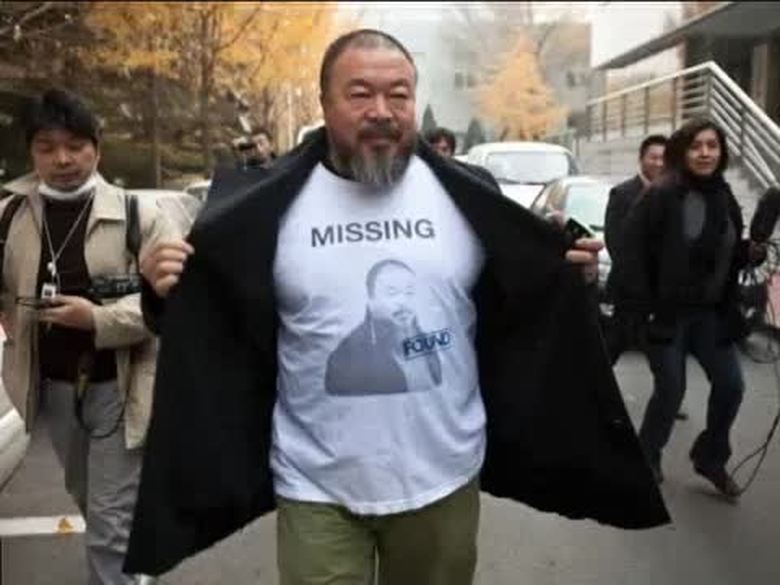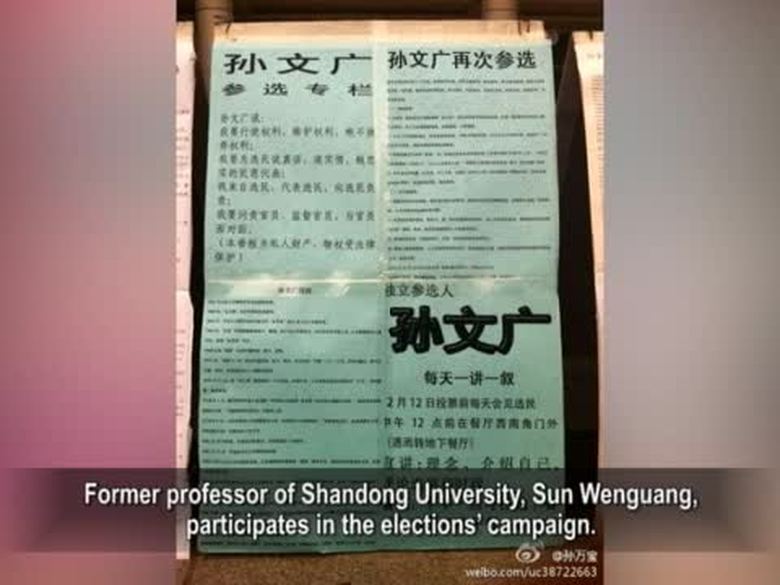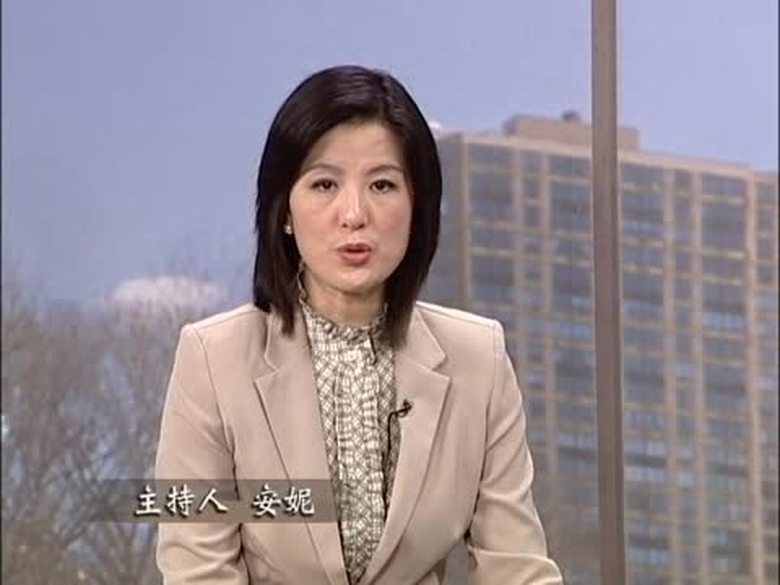【新唐人2011年11月30日訊】經濟合作與發展組織最新報告展望,中國房地產市場的波動,將是明年中國經濟保持高增長的一大潛在威脅,同時,中國2012年經濟增長率將從今年的9.3%下降到8.5%。隨著中國大中城市的平均房價下滑,一些專家認為,中國房地產泡沫正在破裂,而中國經濟回歸實體經濟才有出路。
經合組織11月28號表示,房地產市場低迷將會導致中國銀行呆壞帳比例上升。與此同時,經合組織預期,2012年中國全年通貨膨脹率將從今年的5.6%下降到3.8%,中國明年的出口增長速度將下降到7%。
今年10月份中國70個大中城市新建商品房的環比平均價格,兩年多來首次出現下降。主管房地產調控的中共副總理李克強11月25號表示,中國的房地產市場正處於一個關鍵階段,即使房地產交易量下降,也仍然要保持給中國房市降溫。
紐約城市大學經濟學教授陳志飛認為,北京當局可能確實真想把樓市控制住。
陳志飛:「因為樓市一支獨秀的話,整個中國經濟別的方面都被它掏空了﹔因為樓市其實帶來很多負面效應,最大的問題就是社會問題,貧富差距,社會各方面的不滿情緒非常普遍。這樣樓市如果下來的話,可能對解決通貨膨脹在某種程度上還是有利的。」
《紐約時報》報導,在上海,大約有1/6的高級住宅是沒有人住的﹔在北京為1/4﹔在深圳附近為1/3。中國房屋的空置率已超過國際警戒線,報導同時質疑中國房地產的泡沫是否已經開始出現破裂。
英國《金融時報》專欄作家葉檀29號發表文章認為,在房地產調控成效剛剛出現的同時,中國房地產調控「定向放鬆」的跡象也已經顯現。
文章列舉了南京公積金貸款恢復最高可貸額度、杭州首套房可獲補貼20萬、北京調整普通住房平均交易價格優惠政策和稅收優惠,常州、重慶等各地也出臺不同的購房補貼。
葉檀指出,如果房地產投資下滑,將使投資拉動的經濟出現快速下行風險。
而《中國經營網》對此發表評論認為,有的地方政府貿然出手救房地產市場是在玩火,客觀上在弱化中央政府宏觀調控,阻礙中國房價的下降,最終會導致失信於民。
經濟學家謝國忠11月11號在財新峰會上表示,今年下半年房地產泡沫已破裂。中國經濟重組的開始就是房地產調整,房價高,政府有錢,老百姓沒錢,這個經濟不可能得到平衡。
美國南卡羅萊納大學艾肯商學院謝田教授則表示,房地產泡沫破滅會使依賴土地財政的各地方政府失去巨大的利益來源,加重地方債務。
謝田:「實際上泡沫的破滅現在已經開始出現了、正在進行之中,那這樣的話,開發商、國有的房地產企業、國有銀行他們當年從中攫取的巨大的利益回吐出來,這實際上是既得利益集團跟民間百姓爭利的事情,這個問題中共不管出臺甚麼樣的政策,都實際上不太可能真正把它調解開的。」
《華爾街日報》引述中共國務院副總理李克強26號的講話說,中國必須轉變經濟發展方式﹔不轉型,不僅長遠發展不可持續,而且當前平穩較快增長也難以保持。
謝國忠指出,中國經濟這幾年搞不好就是房地產引起的。中國未來幾個月房地產企業出現倒閉的時候,如果政府救的話對中國長期來說就是負面,因為又一次證實中國賺錢的模式就是綁架政府、綁架銀行,這個經濟模式不打破,中國經濟是沒有出路的。
新唐人記者劉惠、李元翰、蕭宇採訪報導。
China’s Real Estate Bubble Bursts – Good or Bad?
The latest outlook from the Organization for Economic
Co-operation and Development (OECD) says
China's real estate market fluctuations are a major threat to
its growth next year.
China's growth will fall from 9.3% in 2011to 8.5% in 2012.
Along with the decline of the average price for real estate
in large and mid-sized cities, some experts believe China's real estate bubble is bursting.
Its way out is to return to real economy.
OECD’s report on Nov. 28th, says depression in the
real-estate market will increase the banks』 bad debts.
OECD predicts China’s inflation in 2012 will decline
from this year’s 5.6% to 3.8%.
China’s export increase rate next year will decline to 7%.
The average price of a new house in 70 large and mid-sized
cities declined in October for the first time in more than 2 years.
Chinese vice Premier, Li Keqiang, in charge of
the real estate regulation, said on Nov. 25th that China's real estate market is at a critical stage.
even with a decline in real estate transactions,
the government is continuing to cool down the housing market.
Professor of Economics at the City College of New York,
Chen Zhifei, thinks the Beijing Authority may really want to control the housing market.
[Chen Zhifei, Professor of Economics, the City College of
New York]: “If the real estate market is too strong,
other areas of the Chinese economy will be taken away.
Real-estate brings many negative impacts,
with the largest being social issues,
such as wide gaps between the rich and the poor,
and dissatisfaction from people in different social classes.
If the real estate market is down, it might solve inflation.
So it is beneficial in certain aspects.”
According to a New York Times report, 1/6 of luxury houses
in Shanghai, 1/4 in Beijing and 1/3 in Shenzhen are empty.
The ratio of empty houses in China has surpassed the
international warning standards.
The New York Times questions whether China’s real estate
bubble has burst.
UK’s Financial Times columnist, Ye Tan, published an article
on Nov. 29th saying that
China’s control over its real estate has loosened,
while the effects are visible in the adjustments.
The Financial Times says: Nanjing’s highest amount of
public debt loan returned to its former level;
Hangzhou’s first house purchase received 200,000 RMB
in credit;
Beijing adjusted the favorable policies on the prices and tax of
average housing;
and Changzhou and Chongqing cities introduced different
credit policies on real estate, etc.
Ye Tan says the decrease in real estate investment
will accelerate the decline of an investment built economy.
China’s www.cb.com.cn published a commentary article,
stating that some local government policies aimed at saving the housing market are like playing with fire.
The policies weaken the central government’s adjustments to
the market and stops house prices from declining —eventually resulting in a loss of public trust.
Economist Xie Guozhong said on Nov. 11th during the
Caixin Conference, that the real estate bubble had burst in the second half of this year.
The re-organization of the Chinese economy started with
adjustments to the real estate, causing high prices, a rich government and public poverty.
It is not possible for this economic model to achieve a
balance in wealth.
Professor at the Aiken Business School, University of South
Carolina, Xie Tian, says the real estate bubble will cause the local government—
who depends on land for its source of income—to suffer
huge losses, worsening the local government’s debt issues.
[Professor Xie Tian, Aiken Business School, University of
South Carolina]: “In fact the bubble-burst has emerged. It is ongoing.
In this case, real estate developers and state-owned real estate
enterprises, and state-owned banks need to spit out the huge profit they made before.
It is actually a battle for profits
between those groups and the people.
Regardless of the policies the Chinese Communist Party
introduces, it is not possible to resolve the issue.”
The Wall Street Journal quoted China’s Vice Premier
Li Keqiang’s speech on Nov. 26th, saying China must change its economic development model;
otherwise its progress will not last, and it will be hard to
maintain the current relatively fast rate of growth.
Xie Guozhong says China's bad economic situation in
recent years has been down to real estate issues.
When China’s real estate enterprises close down over the
next few months, if the government would save the enterprises,
this would impact China negatively in the long run, once again,
confirming that China’s money-making model is stealing money away from the government and the banks.
The current economic model offers China no way out.
NTD reporters Liu Hui, Li Yuanhan and Xiao Yu
看下一集

【禁聞】艾未未入選全球百位思想家

【禁聞】揭血污十罪 陳秉中冒死三諫胡錦濤

【禁聞】孫文廣力爭參選 揭中共操縱選舉

【禁聞論壇】誰逼胡錦濤交權?

【禁聞】校車問題的民熱官冷

【禁聞】藏民“自焚” 抗爭還要持續多久?

【禁聞】吳敬璉指市場經濟倒退 促政治改革

【禁聞】「德藝雙馨」難擋演員拒上春晚

【禁聞】與台灣拼軟實力 學者:北京輸了

【禁言博客】中國人瘋狂移民的真實原因

【禁聞】中共發展核導彈 “地下長城”曝光

【禁聞】下調存準率促增長 北京調控陷兩難

【禁聞論壇】歐盟、美國、中國,誰能渡過難關?

【禁聞】「紅色後代」囂張 西方媒體聚焦

【禁聞】艾未未稅務案 妻子律師皆被擾

【禁聞】外媒:緬甸與中國漸行漸遠








